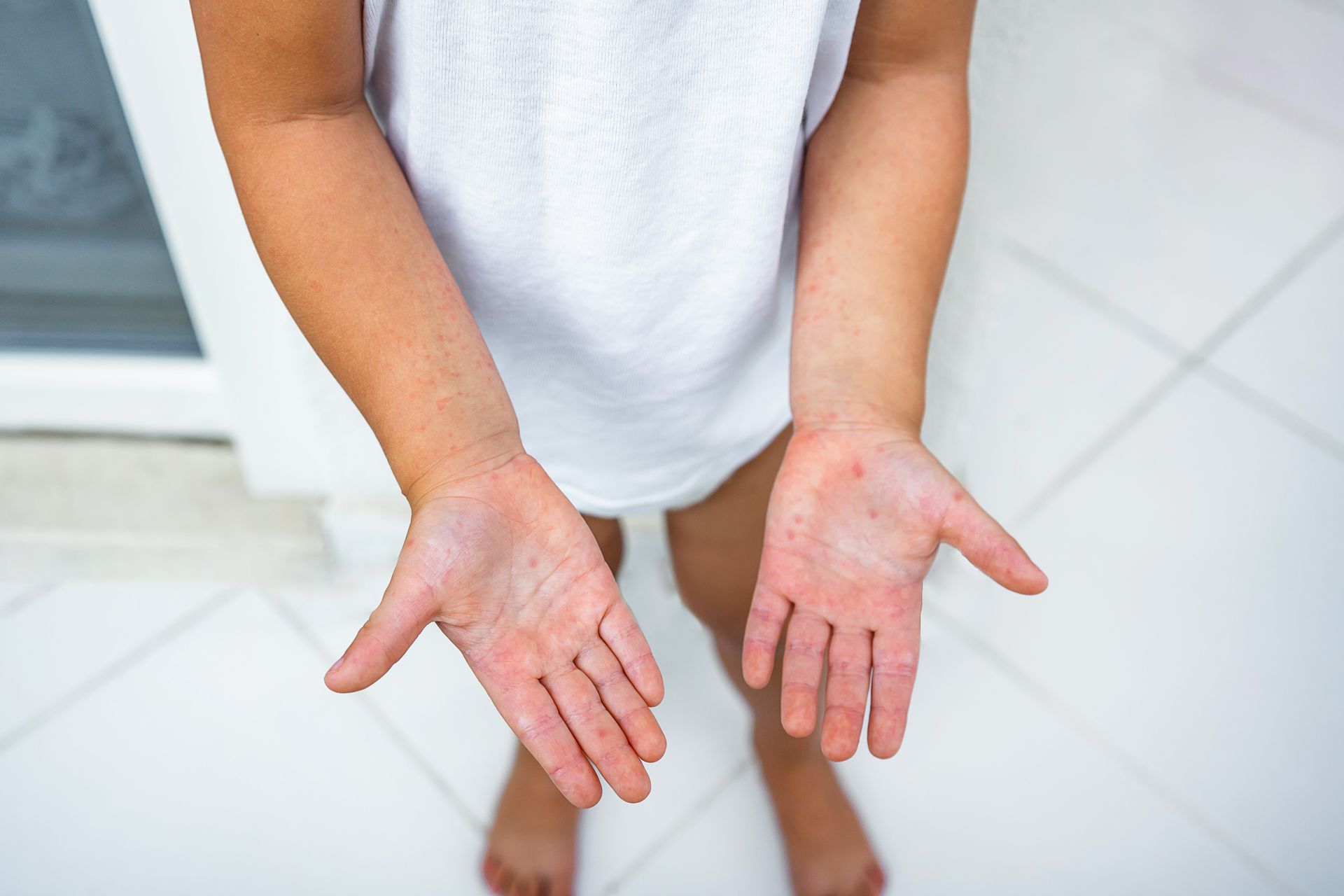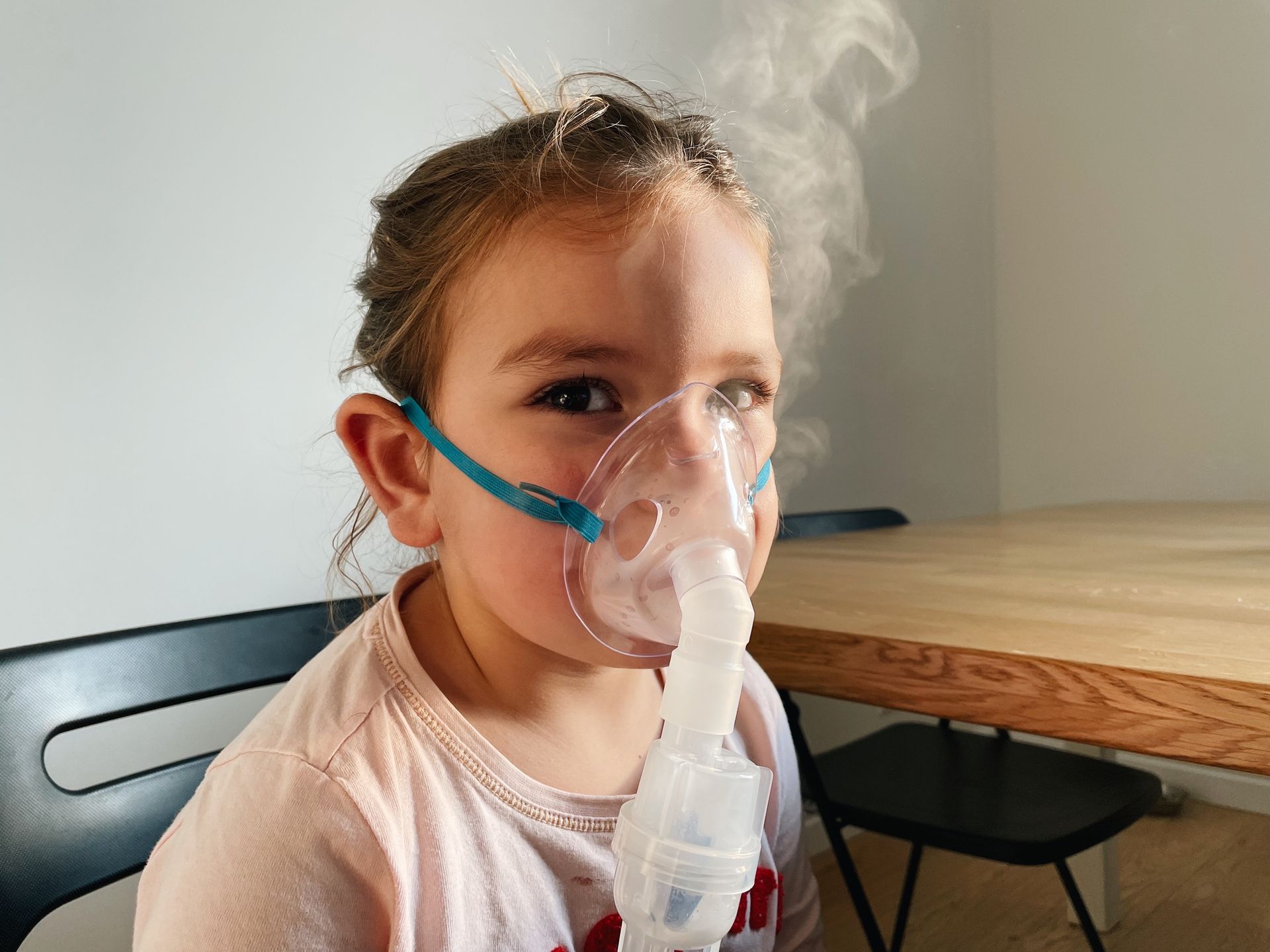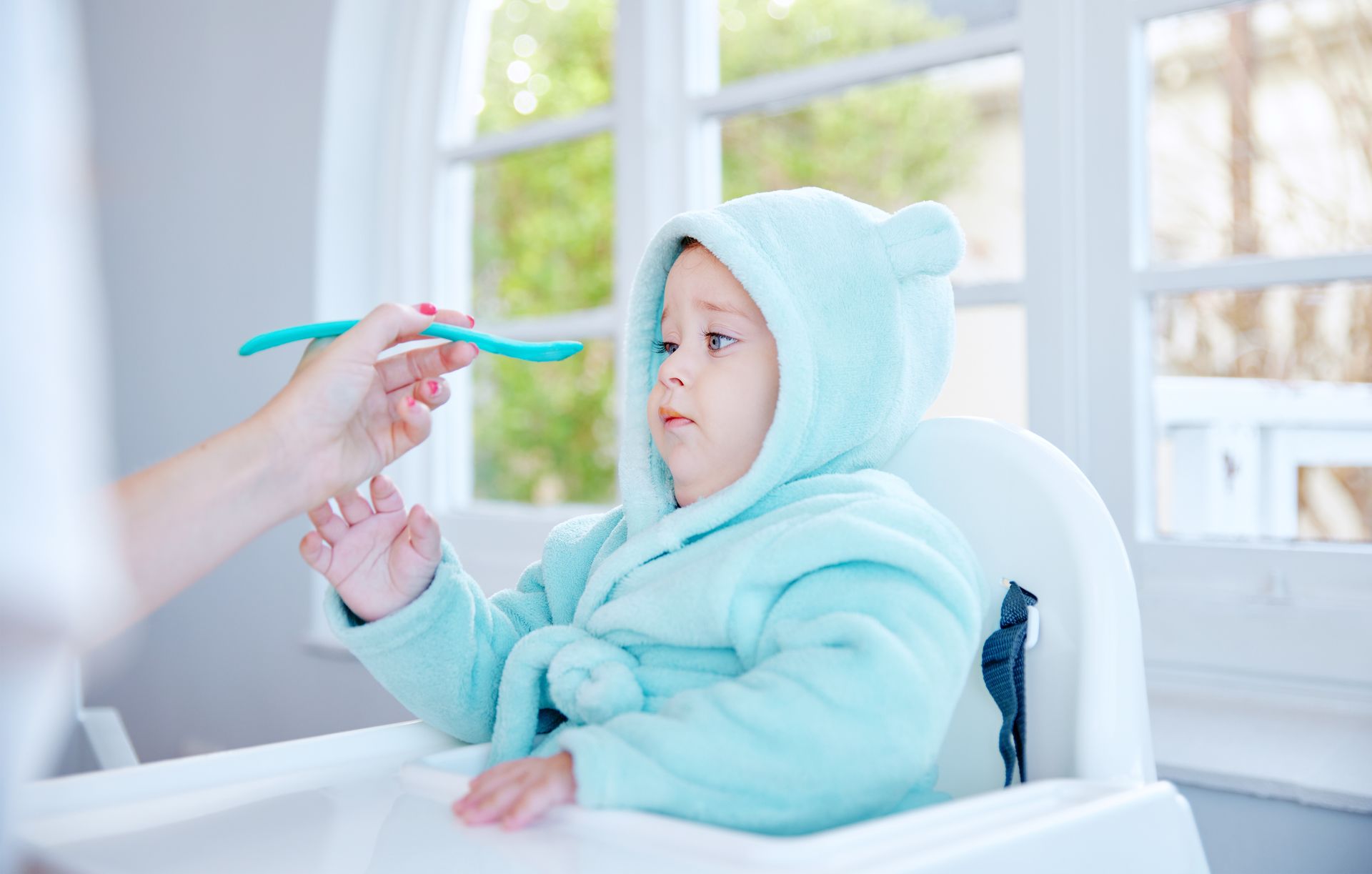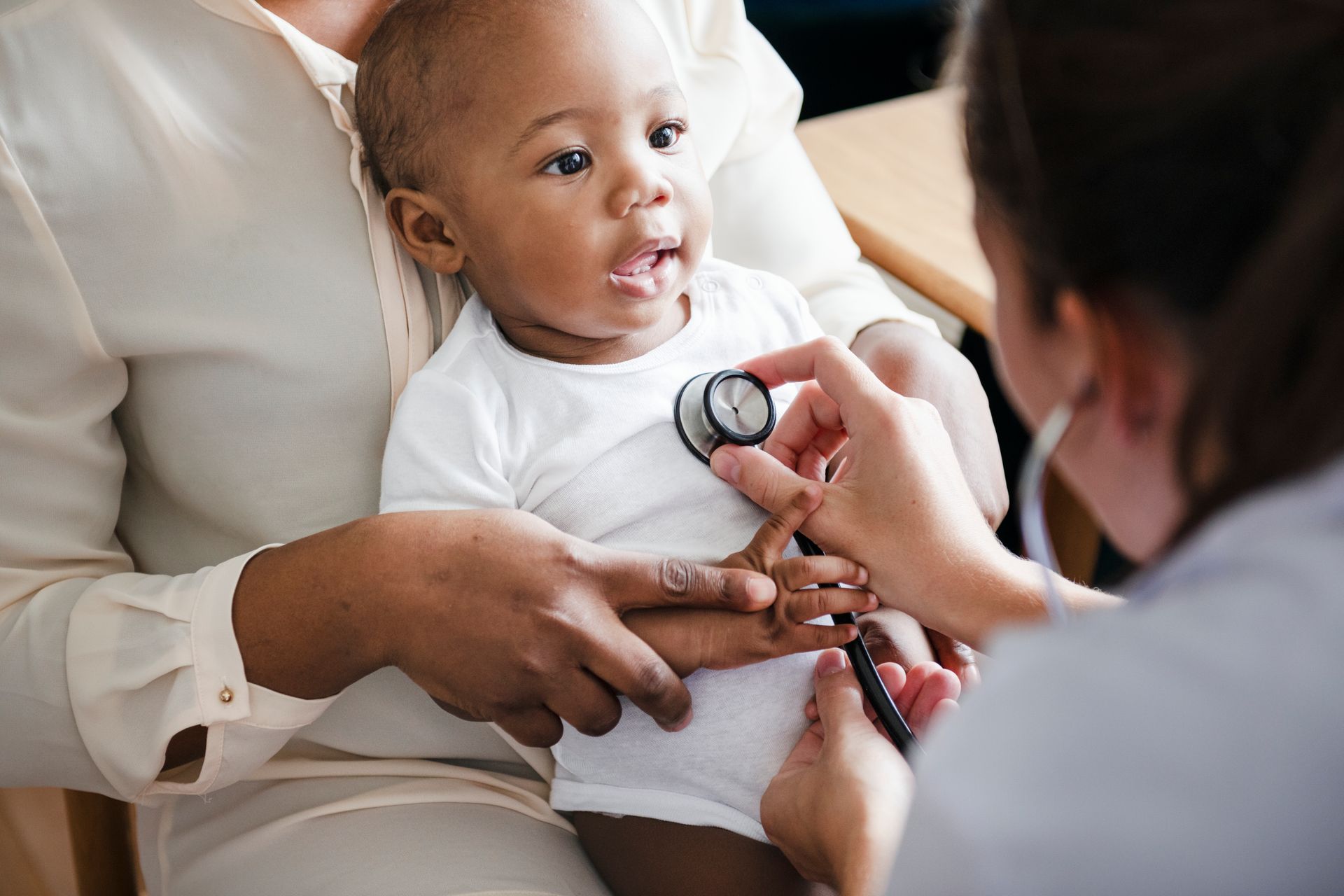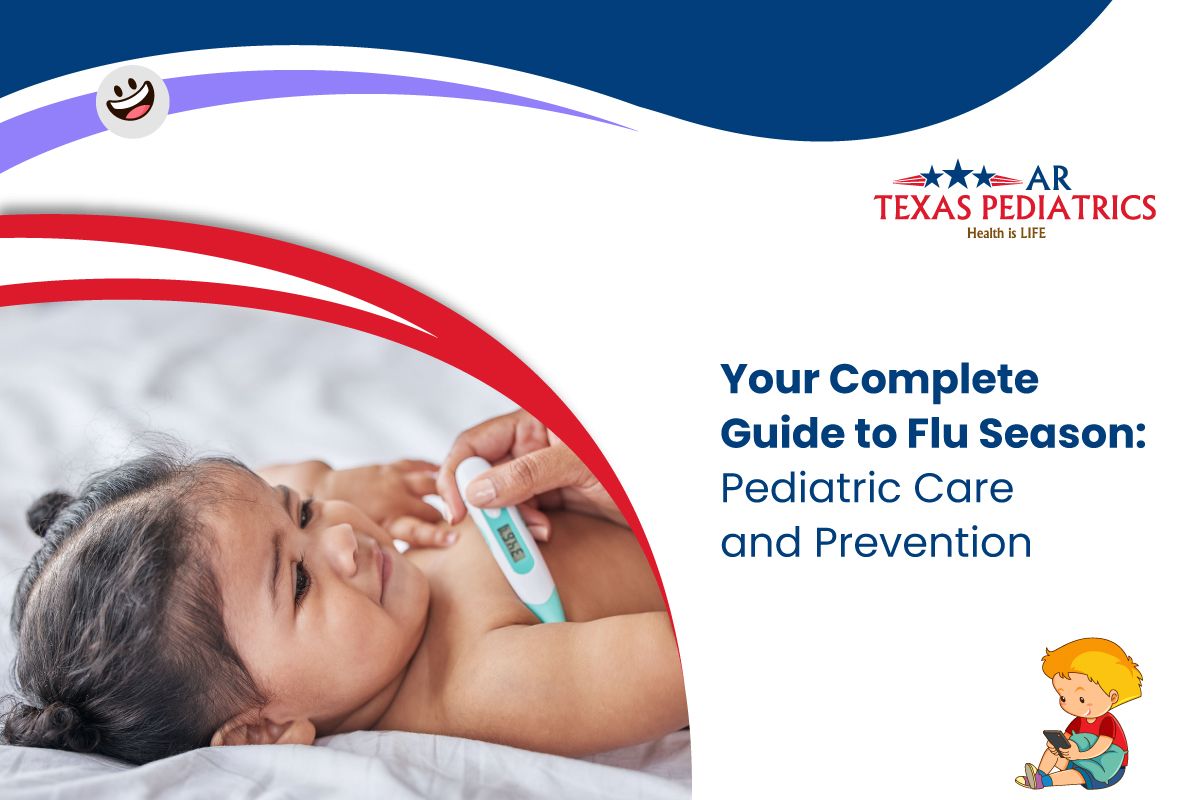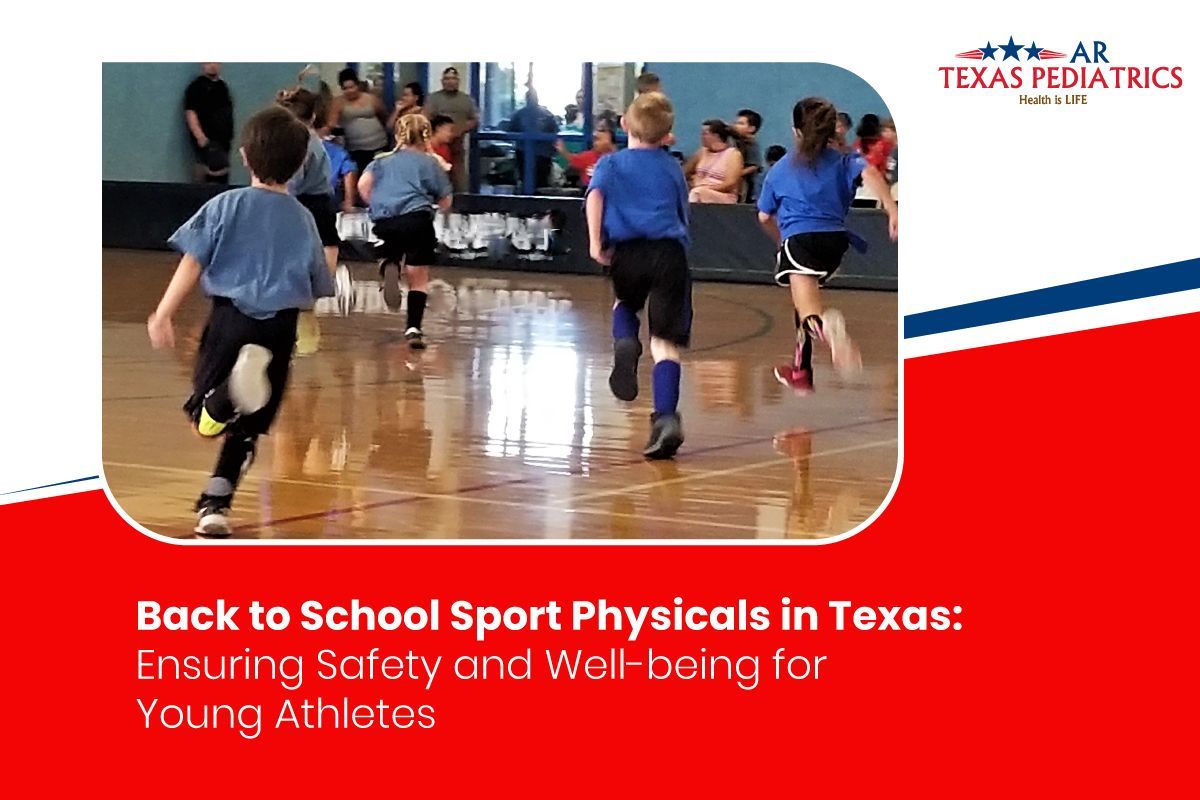
PHONE & EMAIL
How Do I Know if My Child Has Autism Spectrum Disorder?
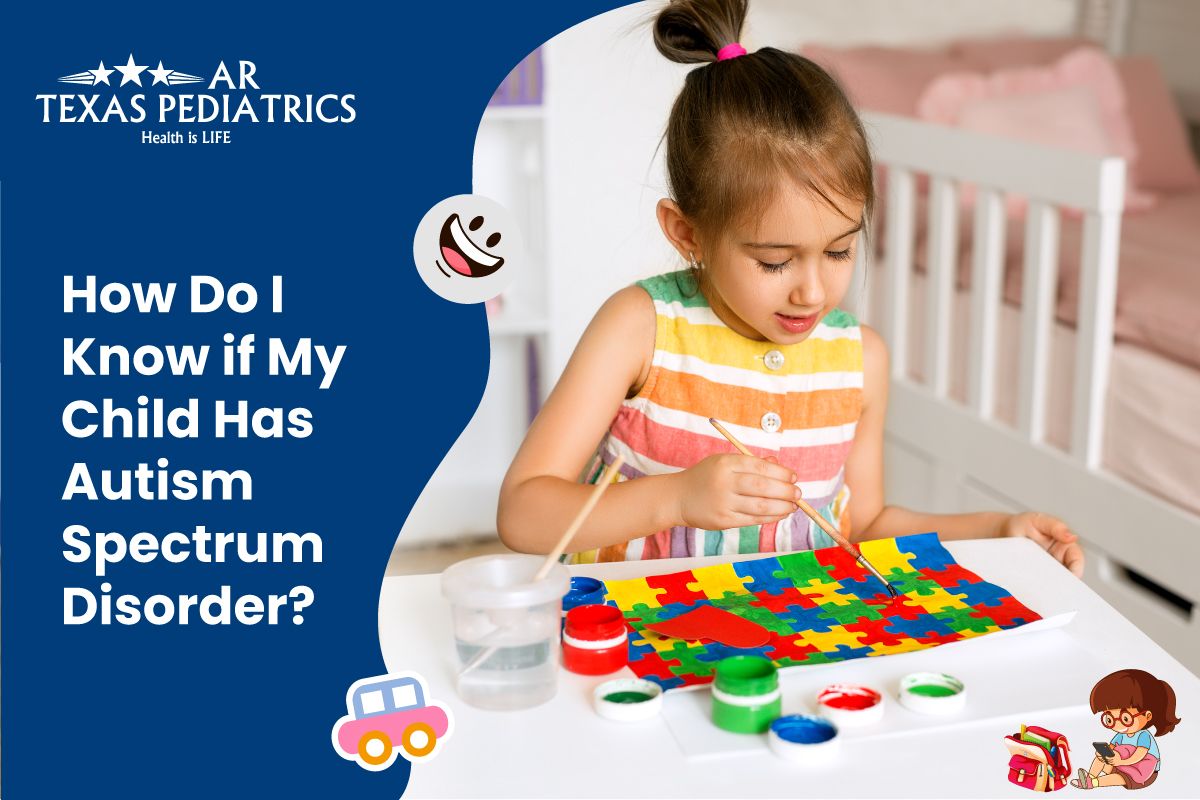
What Is Autism Spectrum Disorder?
Autism Spectrum Disorder (ASD) is a syndrome
connected to brain development. It affects how your child perceives and interacts with others, resulting in difficulties with social interaction and communication, which we will discuss in this article. Additionally, the disorder exhibits
restricted and repetitive patterns of behavior.
Findings suggest that early autism diagnosis and treatment can have a significant favorable long-term impact on traits and subsequent abilities. Therefore, knowing the systems of autism and its symptoms are essential to enable early detection and care if your child has the condition.
What Are the Causes of ASD?
Autism rates have been rising for decades without a complete
explanation. However,
scientists believe genetics and environment cause ASD. Several regions of the brain in individuals with ASD have developed
differently, according to
imaging studies.
According to research, ASD could be
caused by disturbances in normal brain development early in life. These disturbances can result from faulty genes
affecting brain development and influencing communication between brain cells.
How Should I Know if My Child Has Autism Spectrum Disorder?
When you want to know if your child has ASD, you should learn the early symptoms. Many children with the condition already display signs of autism, like developmental impairments, when they are
infants. This is in particular to their social and verbal abilities.
Babies
usually sit, crawl, and walk on time. Since this is the case, you may have missed the subtle distinctions in your child's body movements, pretend play and social language development which
often go unnoticed.
Further, it is essential to remember that
no two children with autistic spectrum disorders will exhibit the same symptoms. Both the quantity and intensity of symptoms could differ significantly.
The
following are some illustrations of social, communication, and behavioral impairments in autistic children. Also, have your child evaluated expertly to confirm symptoms of autism disorder.
1. Shows Different Social Interaction and Communication Skills.
Developing social communication and interpersonal skills can
be challenging for children with autistic symptoms. You should determine if your child exhibits
these social communication and interaction traits connected to ASD.
- disregards or breaks eye contact
- does not respond to name by the age of nine months
- does not display joyful, sad, angry, or astonished facial expressions by the age of nine months.
- not engaging in simple interactive games like pat-a-cake by the age of 12 months
- at one year old, makes few or no gestures (for example, does not wave goodbye)
- by the age of 15 months, does not share interests with others (for example, shows you an object that they like)
- at 18 months, your child does not point to show you something intriguing.
- at 24 months, your child cannot recognize when others are harmed or unhappy.
- by 36 months, your child does not play with other children.
- at 48 months, your child does not engage in pretending to play to be someone else
- your child does not perform for you in song, dance, or acting by the age of 60 months.
2. Indicates Repetitive and Compulsive Behavior.
In addition, your child could exhibit restricted, repetitive behavior, interests, or activities which are symptoms of autism spectrum disorder, as
follows:
- Shows repeated motions, such as hand flapping, spinning, or rocking.
- Develops specific patterns or rituals and become upset by even the slightest deviation.
- Engages in behaviors that can result in self-harm, such as biting or head-bashing.
- Mesmerized by an object's finer points, like the toy car's spinning wheels, but unaware of the object's more considerable significance or function.
- Shows unusual coordination or movement patterns, such as walking on tiptoes, clumsiness, and unique, stiff, or exaggerated body language.
- Extremely sensitive to light, sound, or touch but can be indifferent to pain or cold.
- Intensely fixated or focused on something abnormally.
- The child has particular dietary preferences, such as consuming only a few foods or shunning foods with a specific texture.
3. Displays Additional Unique Characteristics.
You should be aware that
not all children with ASD exhibit the traits listed below. However, the majority do:
- delayed linguistic abilities
- delayed movement abilities
- delayed abilities in learning or thinking
- Inattentive, impulsive, or hyperactive behavior
- a seizure or epilepsy disorder
- unusual patterns of eating and sleeping
- digestive disorders (for example, constipation)
- unusual emotional or mood swings
- anxiety, tension, or excessive worry
- absence of fear or unexpectedly high levels of fear
Some children with autism spectrum condition get better at interacting with others as they age and
exhibit fewer behavioral difficulties.
Eventually, some children, typically those with the most irregular severe issues, could
live everyday lives. Others, however, still struggle with other symptoms of ASD, like their language or social abilities, and adolescence
can exacerbate their emotional and behavioral issues.
4. When You Get Your Child Evaluated.
Clinicians diagnose autism spectrum disorder based on symptoms, indicators, and testing
according to the Diagnostic and Statistical Manual of Mental Diseases-V, an American Psychiatric Association manual used to diagnose mental disorders.
At your child’s 18- and 24-month well-child visits, they should have
routine screenings for developmental delays, particularly autism.
A more thorough evaluation is typically recommended if screening tools suggest that your child has the potential for ASD. A
multidisciplinary team composed of a psychologist, neurologist, psychiatrist, speech therapist, and other specialists who diagnose and treat ASD in children is necessary for a detailed analysis.
A comprehensive neurological
evaluation, as well as in-depth cognitive and language tests, will be performed by the team members.
Moreover, children with late speech development should also have their hearing evaluated since hearing issues can result in behaviors misconstrued for ASD.
Consult Your Pediatrician About Your Concerns.
If you are searching for a "pediatrician near me" or "a pediatrician in Houston, Texas," look no further than our pediatricians at
AR Texas Pediatrics.
Talk to our pediatricians if you believe your child could have an autism spectrum disorder. Getting them diagnosed as soon as possible can impact their growth positively with the right management and therapy.
Visit us to speak with the best
pediatrician in Houston, Texas. To make an appointment, click
here or dial 281-484-7619.

Grow Your Career with Us
We offer exceptional pediatric services across Houston. Be part of our dedicated team and help foster healthier futures for children.
Quick Links
Services
Services
Address:
HOUSTON:
Quick Links
Services
Contact Info:
AR Texas Pediatrics | All Rights Reserved





